Human Consciousness and Freedom: The Antidote to a Constricted Life
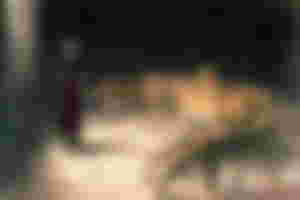
Freedom is…the air we cannot do without, that we breathe without even noticing it until the time comes when, deprived of it, we feel that we are dying.
Albert Camus, Resistance, Rebellion, and Death
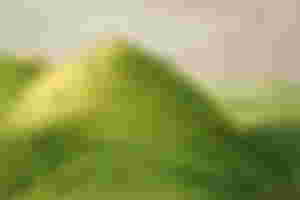
It is a startling fact that throughout history freedom has been considered so precious that some individuals have preferred death to a life in which it is absent.
Is life so dear, or peace so sweet, as to be purchased at the price of chains and slavery…give me liberty or give me death!
Patrick Henry
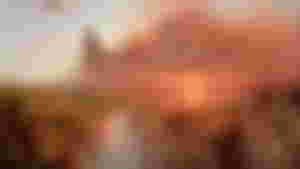
Rollo May, the father of existential psychology noted that, just like Plans grow toward the sun, human beings grow toward freedom:
Human being’s development is a continuum of differentiation from the “mass” toward freedom as an individual.
Rollo May, Man's Search for Himself
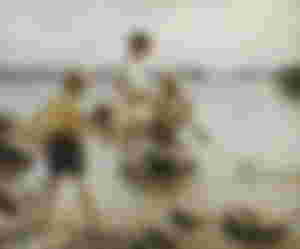
Here Rollo was referring to the fact that a person is originally a unity with the mother as a foetus in the womb, where it is fed automatically through the umbilical cord without any choice by mother or baby. When it is born and the physical umbilical cord is cut, it has become a physical individual, and feeding after that involves some conscious choice on the part of both parties—the infant can raise a howl in demand for food, and the mother can say Yes or No. But the infant still is almost completely dependent on the parents, particularly the mother, who nurses him. His becoming an individual continues through an infinite number of steps—the emergence of consciousness of self with the ability to self-differentiate from the others , the movement out from the parental house when he goes to school, the maturation into a sexual individual at puberty, the struggles of going out on his own to college and in making vocational choices, the assuming of responsibility for a new family in marriage, and so on. All through life a person is engaged in this continuum of differentiation of himself from the whole, followed by steps toward new integration. or as Rollo explains:
Indeed, all evolution can be described as the process of differentiation of the part from the whole, the individual from the mass, with the parts then relating to each other on a higher level. Strictly speaking, the process of being born from the womb, cutting free from the mass, replacing dependency with choice, is involved in every decision of one’s life, and even is the issue facing one on his deathbed. For what is the capacity to die courageously except the ultimate step in the continuum of learning to be on one’s own, to leave the whole? Thus every person’s life could be portrayed by a graph of differentiation—how far has he freed himself from automatic dependencies, become an individual, able then to relate to his fellows on the new level of self-chosen love, responsibility and creative work?
Rollo May, Man's Search for Himself
In this 2-part article we will provide an overview of on freedom, more precisely the psychological one . In this first article we are going to explore what freedom is to a person and what happen if it is taken away from him. In part 2 we will discuss how Rollo proposed choosing one's self as a basic step in achieving freedom and a fulfilled life.
1. Hatred and Resentment as the Price of Denied Freedom

WHAT would happen to a person if his freedom were entirely and literally taken away? Often the person who has had to surrender much of his freedom, usually in his childhood when he could do nothing about it, and to give up some of his right and room to exist as a human being, may seem on the surface to have accepted the situation and “adjusted to” the surrender. But we do not need to penetrate far under the surface to discover that something else has come in to fill the vacuum—namely hatred and resentment of those who have forced him to give up his freedom. And usually this burning hatred is in direct proportion to the degree in which the person’s right to exist as a human being has been taken away from him. To be sure the hatred is repressed; for the slave is not permitted to express hating thoughts toward the masters; but it is there nonetheless, and may come out.
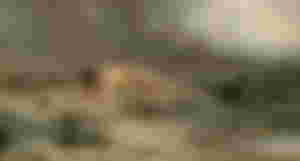
Indeed it is not possible for a human being to give up his freedom without something coming in to restore the inner balance—something arising from inner freedom when his outer freedom is denied—and this something is hatred for his conqueror.
Rollo May, Man's Search for Himself
Hating or resenting is often the person’s only way to keep from committing psychological or spiritual suicide. It has the function of preserving some dignity, some feeling of his own identity, as though the person—or persons, in the case of nations—were to be saying silently to their conquerors, “You have conquered me, but I reserve the right to hate you.”
Another proof of the fact that if people surrender their freedom they must hate is seen in fact that totalitarian governments must provide for their people some object for the hatred which is generated by the government’s having taken away their freedom. The Jews were made the scapegoat in Hitler’s Germany, Stalinism had to turn the hate existing among the Russian people against the “warmongering” Western countries. Western countries had to divert the resentment of its citizens toward “communists”, “China” and innocent people labeled as “terrorists” because they have different set of beliefs.
As shown so vividly in the novel 1984, if a government sets out to take away people’s freedom, it must channel their hatred and direct it toward outside groups— otherwise the people would revolt, or go into a collective psychosis, or become psychologically “dead” and inert, no good as people or as a working force.
However in conventional circles in our day one is not supposed to admit one’s hatred, just as decades ago sexual impulses were not to be admitted. These emotions, while they could be overlooked as occasional lapses, did not fit the ideal picture of the civilized, self-controlled, well behaved, well adjusted modern citizen.
As a consequence, hatred and resentment were generally repressed. Now it is a well-known psychological tendency that when we repress one attitude or emotion, we often counterbalance it by acting or assuming an attitude on the surface which is just the opposite. You may, for example, often find yourself acting especially politely toward the person you dislike. If you are relatively free from anxiety But if you are a less secure person who has had to confront more difficult problems in early development, you may try to persuade yourself that you “love” this very person you hate.
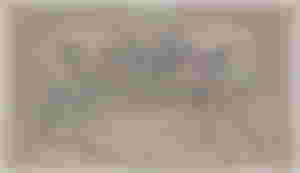
It is not unusual that a person who is excessively dependent upon a dominating mother or father or other authority, for example, will act toward the other as though he “loved” them to cover up his hatred, but one does not get rid of hatred and resentment this way; one generally masks and displaces the emotions on other people, or turns them inward in self-hate.
Rollo May, Man's Search for Himself
Of course hatred or resentment in themselves are not good things, and the mark of the healthy person is not how much he hates. Nor that the goal of development is that everyone hate his parents or those in authority. Hatred and resentment are destructive emotions, and the mark of maturity is to transform them into constructive emotions. But the fact that the human being will destroy something—generally in the long run himself—rather than surrender his freedom proves how important freedom is to him.
Furthermore, if we do not confront our hatred and resentment openly, they will tend sooner or later to turn into the one affect which never does anyone any good, namely self-pity. Self-pity is the “preserved” form of hatred and resentment. One can then “nurse” his hatred, and retain his psychological balance by means of feeling sorry for himself, comforting himself with the thought of what a tough life has been his, how much he has had to suffer—and refrain from doing anything about it.
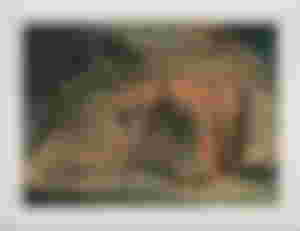
Hatred and resentment should be used as motivations to re-establish one’s genuine freedom: one will not transform those destructive emotions into constructive ones until he does this. And the first step is to know whom or what one hates. To take, for an example, people under dictatorial government, the first step in their revolt to regain freedom would be their shifting back their hatred to the dictatorial powers themselves.
Hatred and resentment temporarily preserve the person’s inner freedom, but sooner or later he must use the hatred to establish his freedom and dignity in reality, else his hatred will destroy himself. The aim, as one person put it in a poem, is “To hate in order to win the new.”
2. What Freedom Is Not
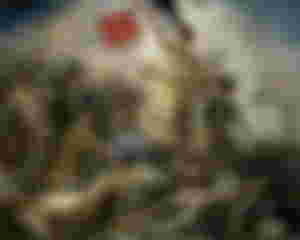
We can understand more clearly what freedom is if we first look at what it is not. Freedom is not rebellion. Rebellion is a normal move toward freedom: it occurs to some extent when the little child is trying to exercise his muscles of independence through the power to say “No”; it occurs more clearly when the adolescent is trying to become independent of parents. In adolescence (as possibly in other stages too) the strength of the rebelliousness against what the parents stand for is often excessive because the young person is fighting his own anxiety at stepping out into the world. When parents say “Don’t” he often must scream defiance at them, because that “don’t” is exactly what he feels the lower side of himself is saying, the side of himself which is tempted to take refuge behind the walls of parental protection.
Rebellion is often confused with freedom itself. It becomes a false replacement because it gives the rebel a delusive sense of being really independent. The rebel forgets that rebellion always presupposes an outside structure—of rules, laws, expectations—against which one is rebelling; and one’s security, sense of freedom and strength are dependent actually on this external structure.
Rollo May, Man's Search for Himself
AS Rollo mentioned this sense of freedom is “borrowed” and can be taken away, like when parents say “YES” and suddenly there are no set standards to rebel against, one gets no power from rebelling but one is not free yet for he/she still dependent on parents.
Since the rebel gets his sense of direction and vitality from attacking the existing standards, he does not have to develop standards of his own. Rebellion acts as a substitute for the more difficult process of struggling through to one’s own autonomy, to new beliefs, to the state where one can lay new foundations on which to build.
3. Freedom and Self Awareness
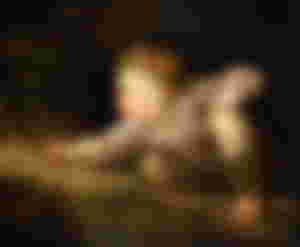
Some years ago a psychologist brought a baby chimpanzee, the same age as his infant son. In order to do an experiment, he raised the baby chimp and baby human being in his household together. For the first few months they developed at very much the same speed, playing together and showing very little difference. But after a dozen months or so, a change began to occur in the development of the little human baby, and from then on there was a great difference between him and the chimp. This is what we would expect. For there is very little difference between the human being and any mammal baby the first months their life. But around the age of two, more or less, there appears in the human being the most radical and important emergence so far in evolution, namely his consciousness of himself. He begins to be aware of himself as an “I.” As the foetus in the womb, the infant has been part of the “original we” with its mother, and it continues as part of the psychological “we” in early infancy. But now the little child—for the first time —becomes aware of his freedom. He senses his freedom, within the context of the relationship with his father and mother. He experiences himself as an identity who is separated from his parents and can stand against them if need be. This remarkable emergence is the birth of the human animal into a person.
Freedom is the goal of personality development; The distinctive characteristic of the human being, in contrast to the merely vegetative or the merely animal, lies in the range of human possibility and in our capacity for self-awareness of possibility. Kierkegaard sees man as the creature who is continually attracted by possibility, who conceives of possibility, visualizes it, and by creative activity carries it into reality, this possibility is human freedom.
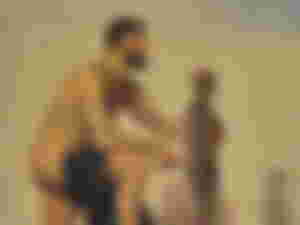
Freedom therefore is person’s capacity to take a hand in his own development. It is our capacity to mold ourselves. Freedom is the other side of consciousness of self: if we were not able to be aware of ourselves, we would be pushed along by instinct or the automatic march of history. But by our power to be conscious of ourselves, we can call to mind how we acted yesterday or last month, and by learning from these actions we can influence, even if ever so little, how we act today. And we can imagine some situation tomorrow and by turning over in fantasy different ways of acting, we can pick the one which will do best for us.
Consciousness of self gives us the power to stand outside the rigid chain of 'trigger and response', to pause, and to cast some decision about what the response will be. That consciousness of self and freedom go together is shown in the fact that the less self-awareness a person has, the more he is unfree. That is to say, the more he is controlled by inhibitions, repressions, childhood conditionings, manipulations —which he isn't conscious of but which still drive him unconsciously— the more he is pushed by forces over which he has no control.
Rollo May, Man's Search for Himself
When persons first go for psychotherapeutic help, for example, they generally complain that they are “driven” in any number of ways: they have sudden anxieties or fears or are blocked in studying or working without any appropriate reason. They are unfree —that is, bound and pushed by unconscious forces.
As the person gains more consciousness of self, his range of choice and his freedom proportionately increase. Freedom is cumulative; one choice made with an element of freedom makes greater freedom possible for the next choice. His emerging self-awareness goes hand in hand with his enlarging power to direct his own life.
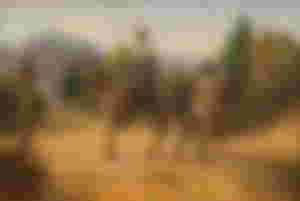
We do not mean to imply that there are not an infinite number of deterministic influences in anyone’s life. Our bodies, by our economic situation, by the fact that we happened to be born into the twentieth century in this country or that, tendencies of which we are unconscious and so on, are all ways in which we are determined. But no matter how much one argues for the deterministic viewpoint, he still must grant that there is a margin in which the alive human being can be aware of what is determining him. And even if only in a very minute way to begin with, he can have some say in how he will react to the deterministic factors.
Freedom is thus shown in how we relate to the deterministic realities of life. If you set out to write a book, you run up against all kinds of frustrating realities in the laws of publishing and intellectual property, and in the necessity of language and its correct usage. It is essential that you know your material and accept its limits. But what you say in the book is uniquely yours. The content and the style in which you write your book are products of how you, with an element of freedom, decide to communicate your ideas.
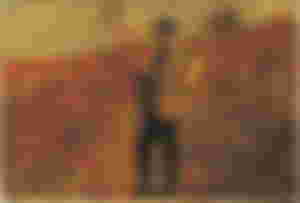
The man who is devoted to freedom does not waste time fighting reality; instead, as Søren Kierkegaard remarked, he “glorifies reality.”
In the next article we will expand on Kierkegaard's idea and talk about the psychological suicide and how it can be used as a way to be a “Freer Self.”
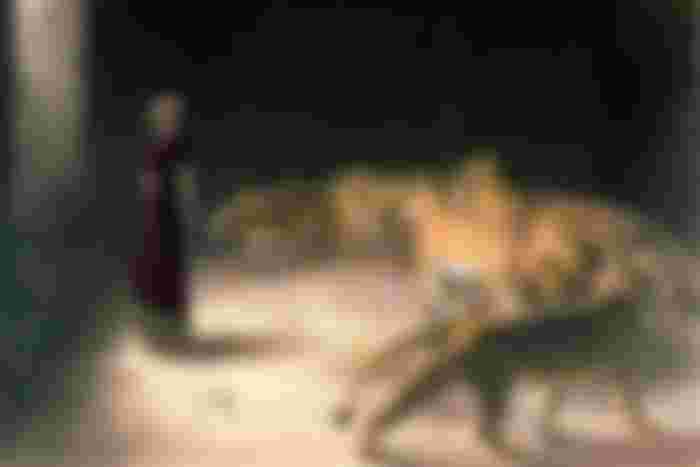
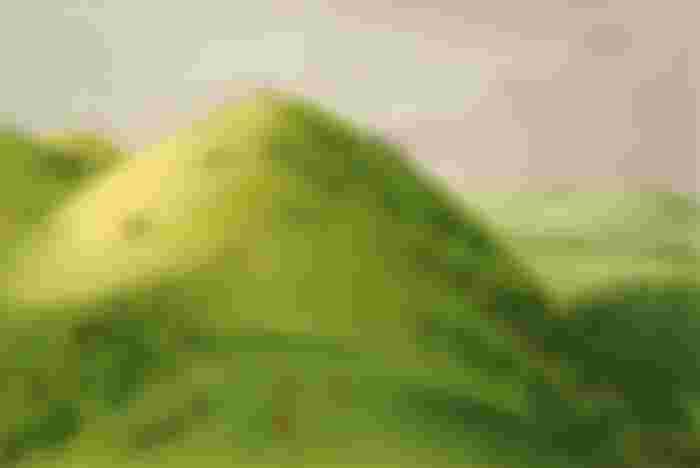
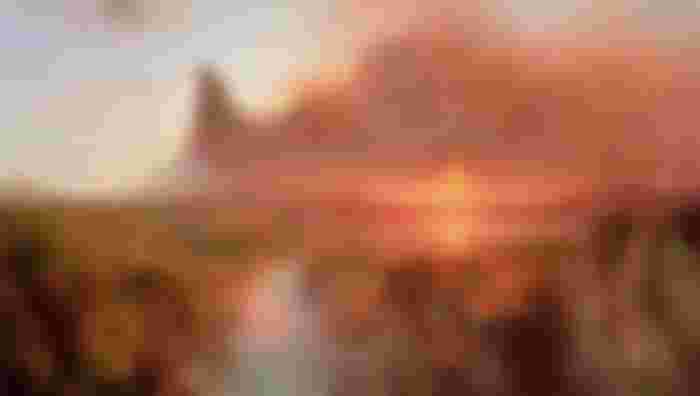
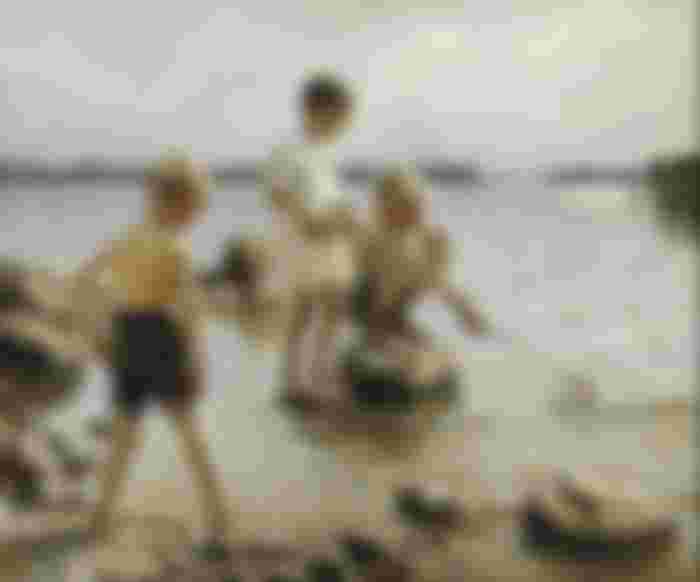
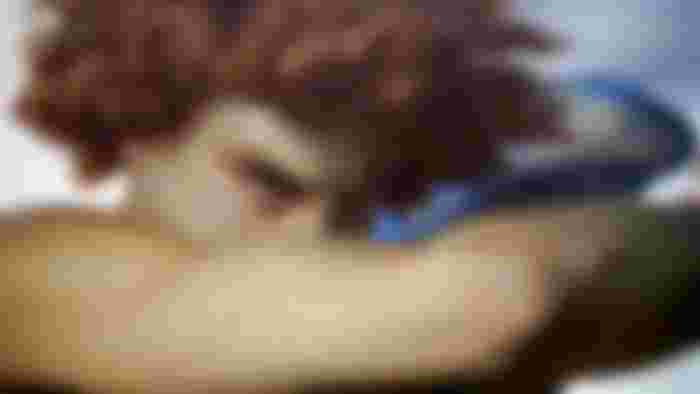
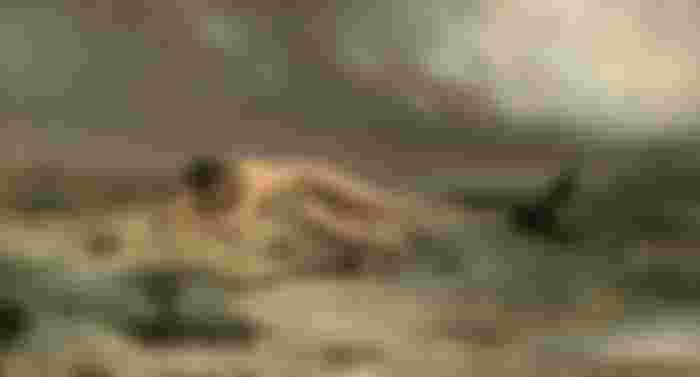
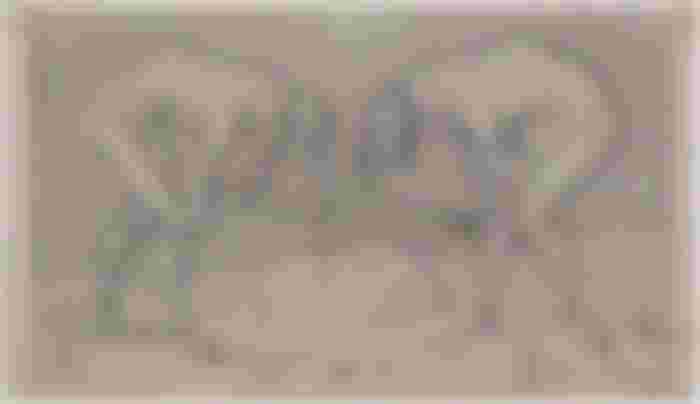
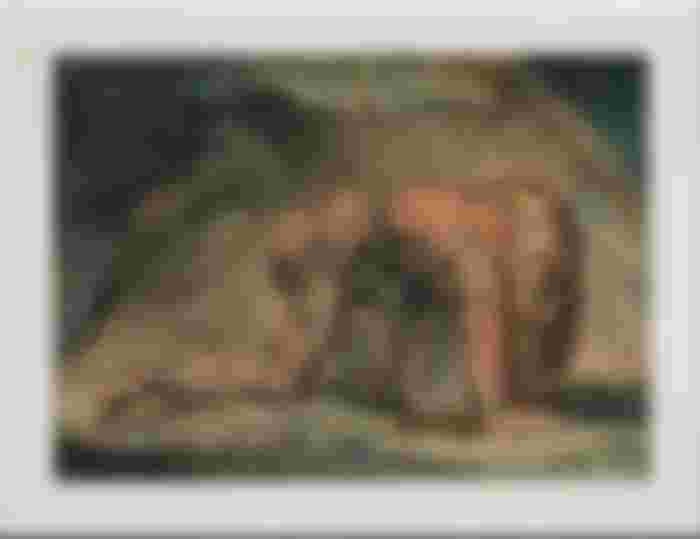
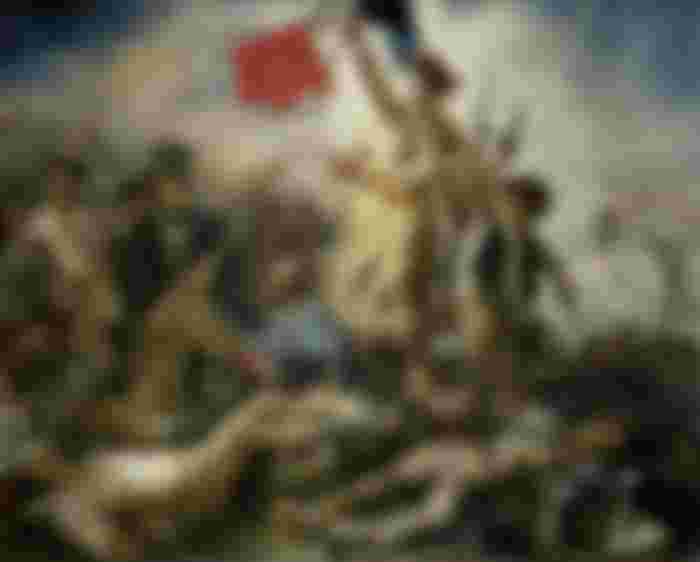
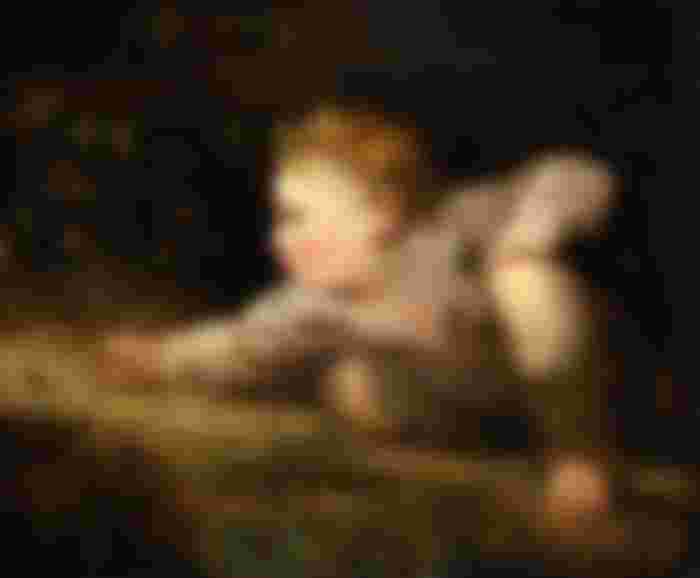
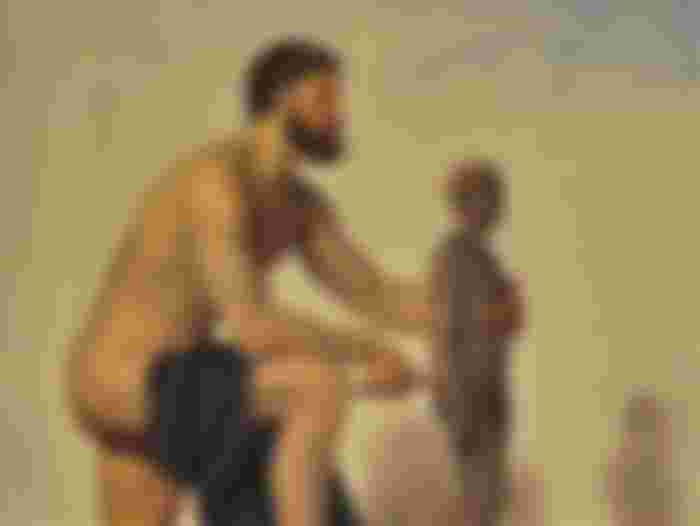
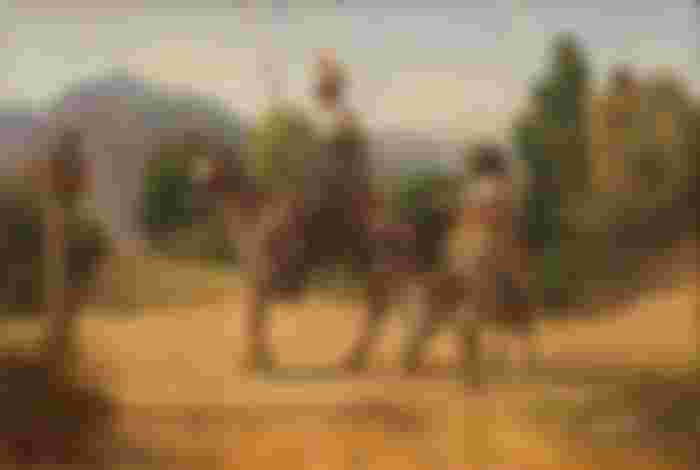
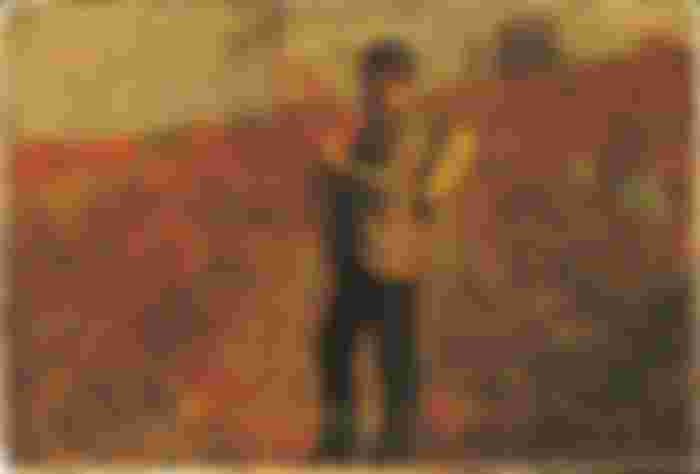
What is man without freedom. Interesting topic